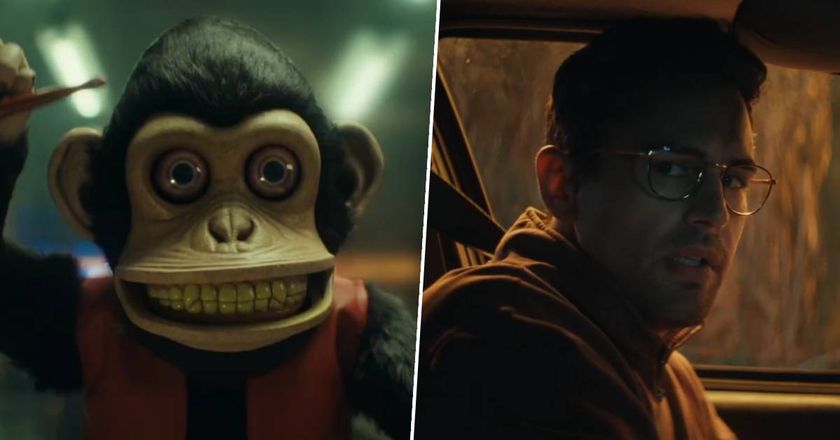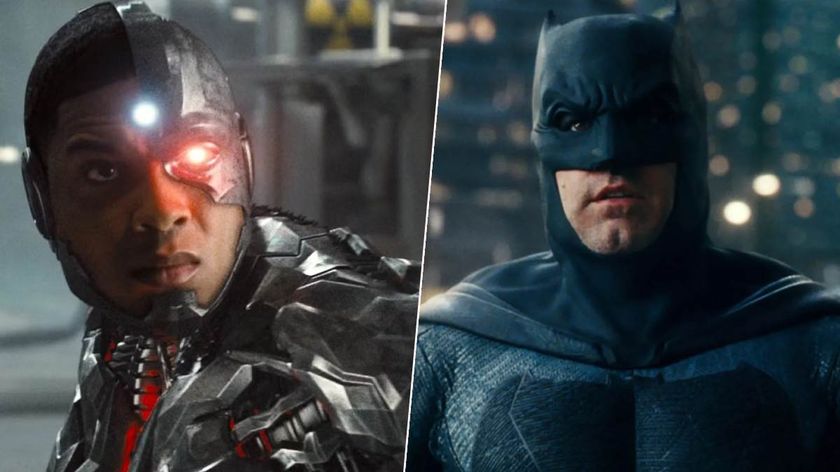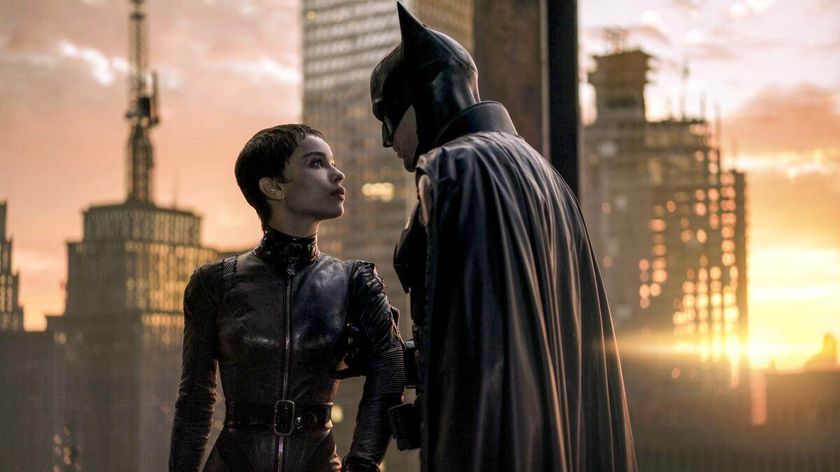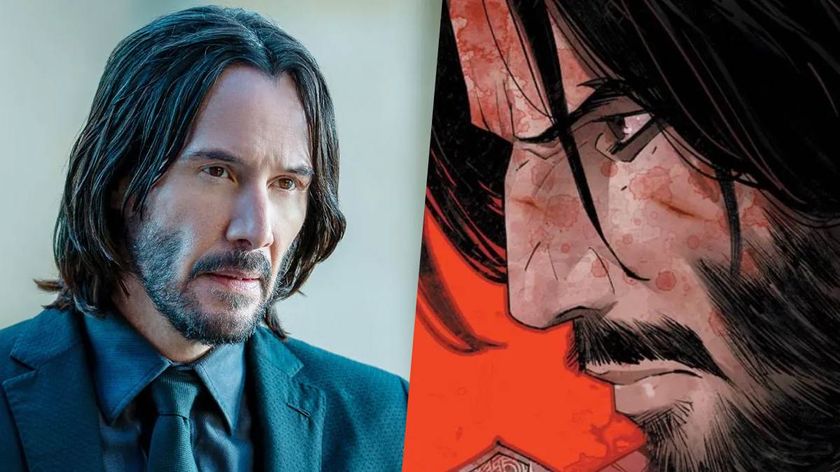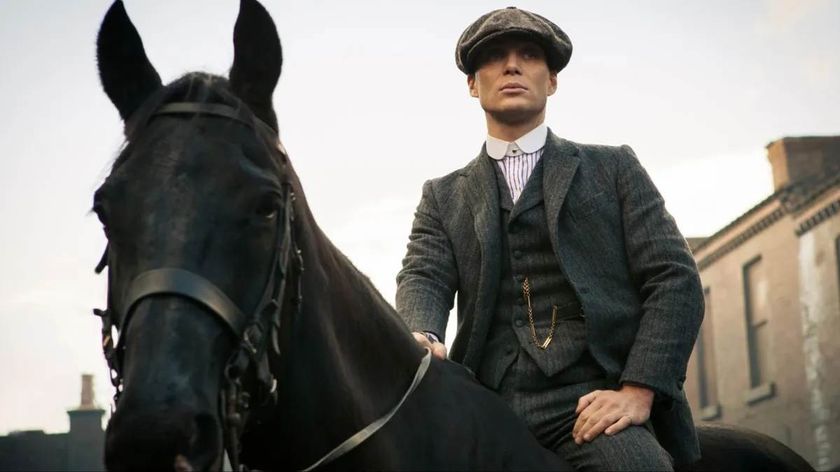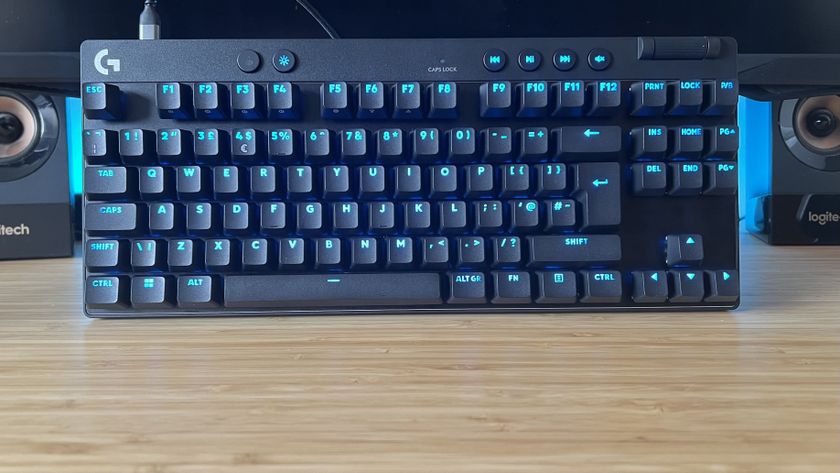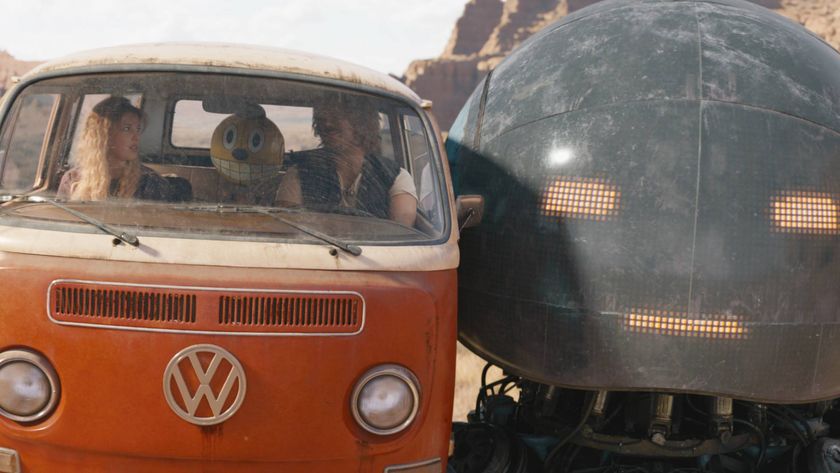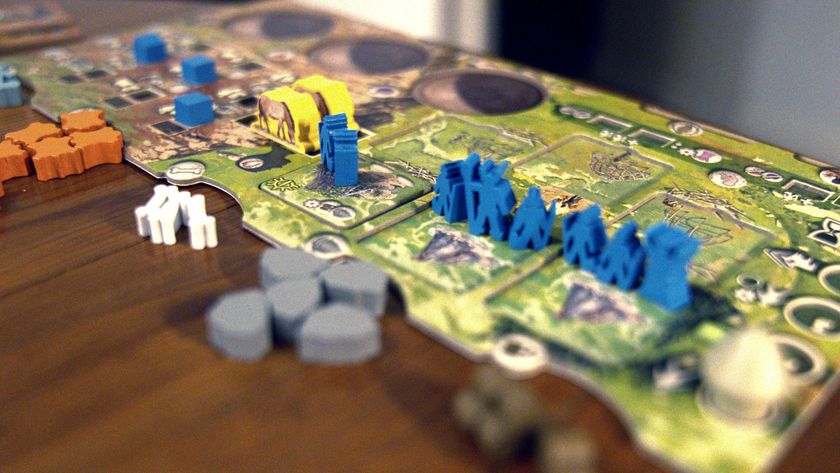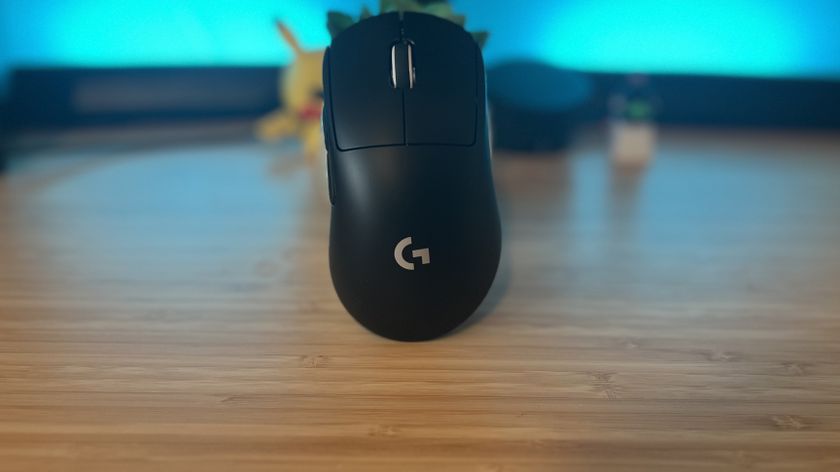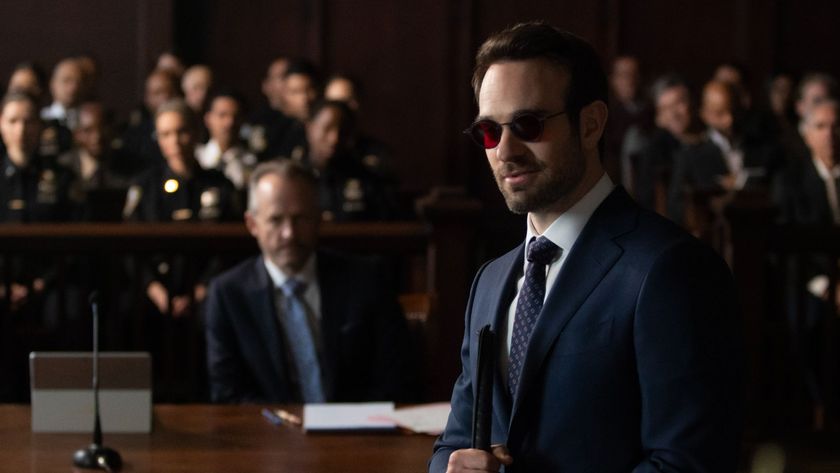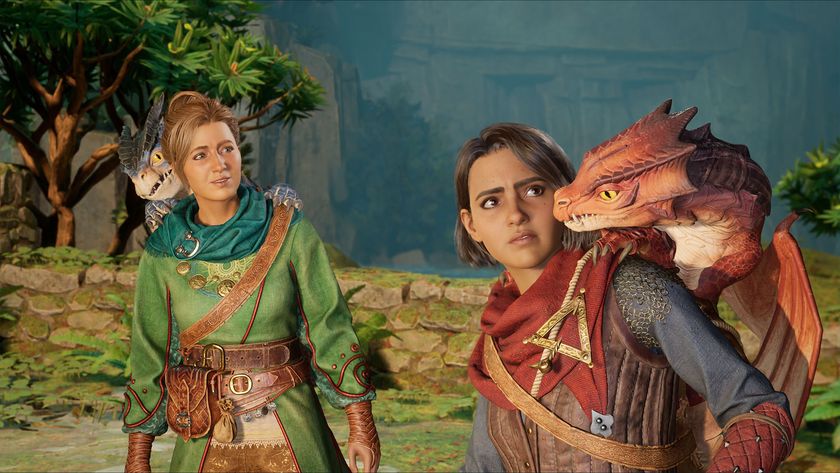Why you can trust 12DOVE
Psycho marked a considerable departure for Hitchcock. His other Hollywood movies, like North By Northwest, tended to be big-budget, Technicolor affairs with A-list talent. But the black-and-white Psycho cost a mere $800,000 and was shot in 30 days using the director’s regular television crew; it went on to become Hitchcock’s greatest hit, spawning numerous sequels and imitations.
The horror genre was never the same again. In interviews Hitchcock stressed that: “Psycho is a fun picture... it’s like taking the audience through the haunted house at the fairground”. Certainly, while watching the film again on the big screen in ’98, you’re struck by its rich vein of black comedy. The irony of lines like “Mother’s not quite herself today,” and “We all go a little mad sometimes,” is certain to provoke a knowing smile.
Hitchcock deliberately manipulates the viewers’ sympathies. There are numerous red herrings: the initial tryst, the stolen money, the traffic cop. But, after the first half-hour, the heroine is butchered in the infamous shower scene, one of cinema’s most memorable moments. Audience identification then shifts towards pathetic, bird-like Norman (a remarkable, brilliant performance from Perkins) as he tries to clean up “mother’s handiwork”.
Psycho, however, is much more than a mere exercise in audience control. With the help of Bernard Herrmann’s jagged, strings-only score, the audience is led on a journey into the psychological abyss. Littered with Freudian symbolism, Hitchcock’s imagery is both suffocating and schizophrenic.
More importantly, the characters are tragically imprisoned by their pasts; as Norman says to Marion in their most revealing exchange: “We’re all clamped in our private traps. We scratch and claw, but only at the air, only at each other.”
However many times you've seen it on TV, nothing prepares you for Psycho on the big screen with a jumpy audience. It's a darkly amusing, manipulative film that's still compelling in its vision of human desperation.
The Total Film team are made up of the finest minds in all of film journalism. They are: Editor Jane Crowther, Deputy Editor Matt Maytum, Reviews Ed Matthew Leyland, News Editor Jordan Farley, and Online Editor Emily Murray. Expect exclusive news, reviews, features, and more from the team behind the smarter movie magazine.
